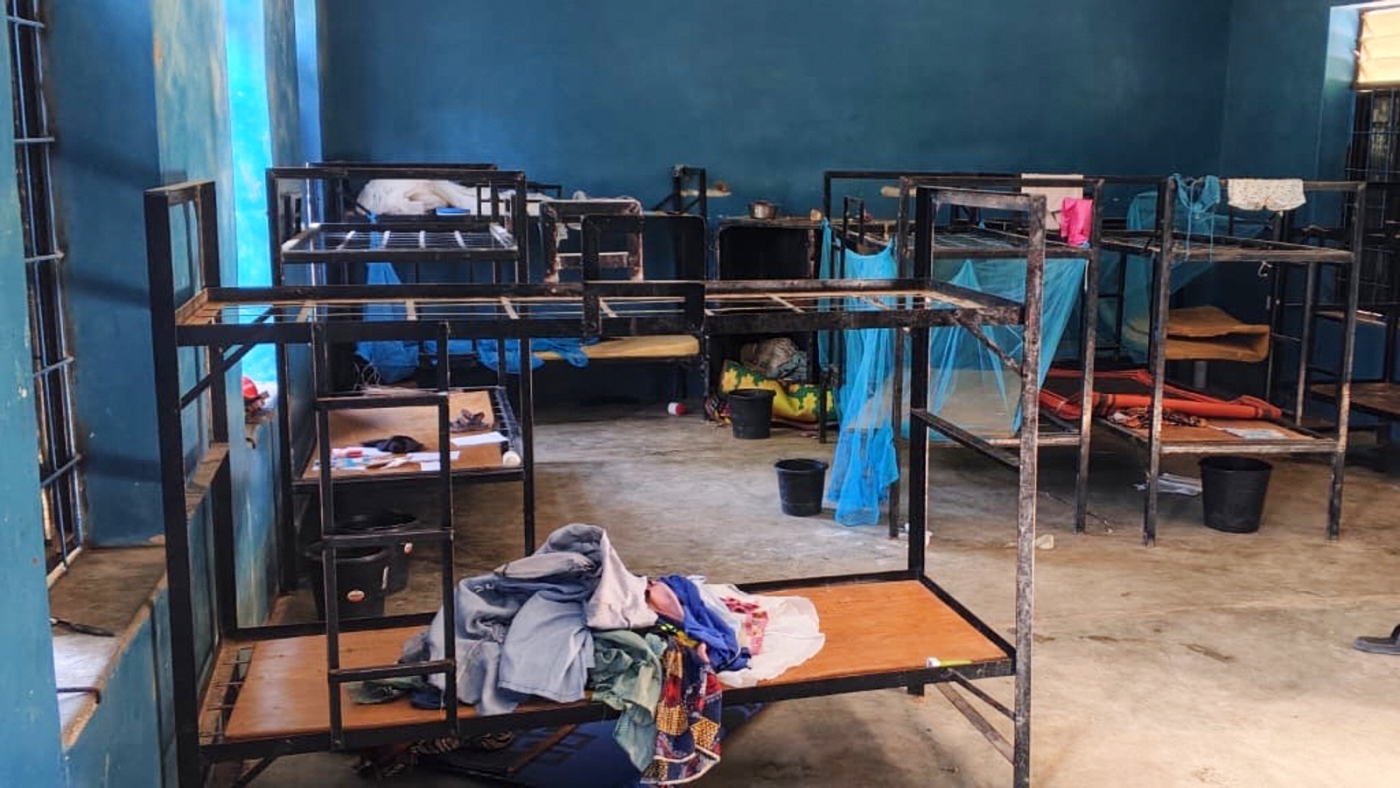Bears have killed 10 people this year, a government official confirmed to AFP, surpassing the previous high of six in the fiscal year that ended in March 2024.
The animals have been increasingly encroaching on towns due to factors including a declining human population and climate change.
Kenta Suzuki, the governor of northern Akita prefecture, told Japan's defence minister that "the lives of our citizens cannot be protected without the help of the Self-Defense Forces".
"Attacks targeting the neck and face are extremely common, resulting in a truly dire situation," he said.
Suzuki said bears now appear not only in mountains but also in urban areas.
It was "abnormal" for the daily lives of all residents to be so disrupted, he added.
Newly appointed defence minister Shinjiro Koizumi said in response that the government would "make the utmost use of the capabilities and authority" to restore safety.
An environment ministry official who monitors the bear attacks confirmed to AFP on Tuesday that the number of people killed "has reached 10".
The latest victim was attacked along with three other people in a mountain village in Akita last week, the official said.
But the figure does not yet include more recent fatalities seemingly linked to other attacks.
A woman was found dead on Monday near rice fields in Akita, while a man and his dog were found deceased in the neighbouring Iwate region, local media reported. Both showed signs of having been attacked.
'Serious problem'
Bears have attacked tourists, entered stores and appeared near schools and parks, particularly in northern regions.
Hungry because of a shortage of food like acorns -- which has been blamed on the influence of climate change -- the animals are venturing more into towns where the human population is ageing and dwindling.
Experts say that warmer weather is also affecting the hibernation patterns of the animals, which in the case of brown bears can weigh half a tonne (1,100 pounds) and outrun a human.
Japan has two types of bear: Asian black bears -- also known as moon bears -- and the bigger brown bears that live on the main northern island of Hokkaido.
Many bears are shot every year, although Japan's ageing human population means that the number of hunters is declining.
Last week, Japan's new Environment Minister Hirotaka Ishihara called bear attacks "a big problem, a serious problem".
"We are committed to further strengthening various measures including securing and training government hunters and managing the bear population," he told a news conference.











 English (US) ·
English (US) ·